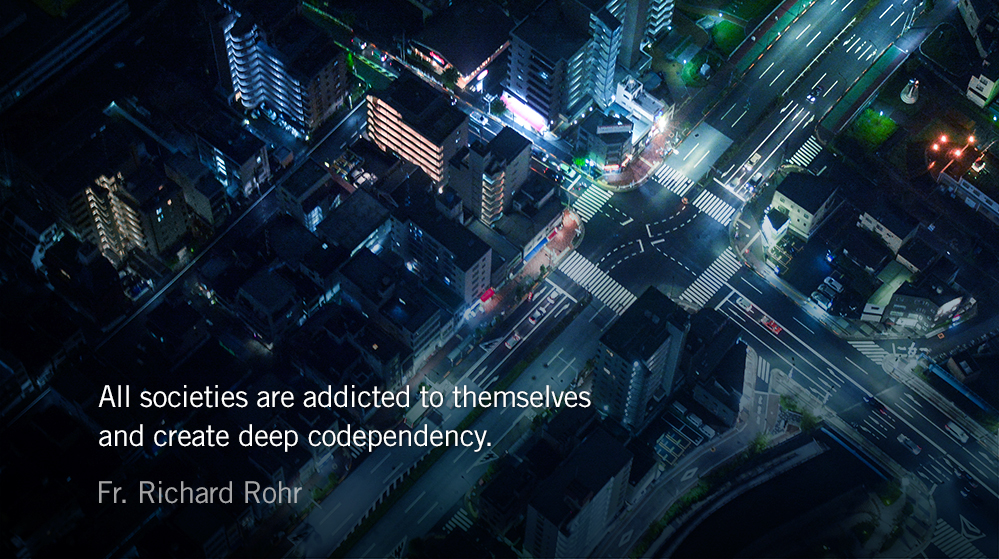You shall tear down their altars and dash in pieces their pillars and burn their Asherim with fire. You shall chop down the carved images of their gods and destroy their name out of that place. You shall not worship the Lord your God in that way. — Deuteronomy 12.3-4
Scripture explains the concept of idolatry as the practice of wrapping one’s identity, success, and pleasure in anything outside of God. The concept of idolatry is often reduced to an ancient and individual problem. Yet when we consider idolatry’s modern and communal—or social—expressions we find it not only in our own culture, but even inside communities of faith. David Powlison explains:
What happens to the Gospel when idolatry themes are not grasped? “God loves you” typically becomes a tool to meet a need for self-esteem in people who feel like failures. The particular content of the Gospel of Jesus Christ—”grace for sinners and deliverance for the sinned-against”—is down-played or even twisted into “unconditional acceptance for the victims of others’ lack of acceptance.”
More often than not Israel didn’t worship other gods through their idols, but worshiped their own God through idols. This is the case after they crossed the Red Sea. The people crafted a golden calf and cried out, “These are your gods, O Israel, who brought you up out of the land of Egypt!”
The same happened in Deuteronomy when God commanded Israel, “you shall not worship the Lord your God in that way.” Idolatry, we learn, does not stand in contrast to worship—idolatry is any form of worship that is polluted with self-created, self-serving, self-focused practices.
Idolatry becomes more insidious as it gains steam in a culture. “All societies are addicted to themselves and create deep codependency,” Fr. Richard Rohr observes in his book Breathing Underwater: Spirituality and the 12 Steps. He continues:
There are shared and agreed-upon addictions in every culture and every institution. These are often the hardest to heal because they do not look like addictions because we have all agreed to be compulsive about the same things and blind to the same problems. The Gospel exposes those lies in every culture: The American addiction to oil, war, and empire; the church’s addiction to its own absolute exceptionalism; the poor person’s addiction to powerlessness and victimhood; the white person’s addiction to superiority; the wealthy person’s addiction to entitlement.
Communities fall into idolatry when their individual members stop questioning what’s normal. The Church is supposed to be more diverse, loving, inclusive, joy-filled, and sacrificial than any society in which it is incarnate. Anything less is an idolatrous reflection of the tribalism, indifference, division, apathy, and self-preservation that is native to our broken world.
Weekend Reading List
- The Echo Chamber of Idolatry. Michael J. Ovey for Themelios.
- Self-Critical Thinking. Fr. Richard Rohr for the Center for Action and Contemplation.
- Idols of the Heart and “Vanity Fair”. David Powlison for The Journal of Biblical Counseling.
- This is Water. David Foster Wallace for the 2005 Kenyon Commencement Address.
Today’s Reading
Ezekiel 5 (Listen – 3:28)
Psalms 42-43 (Listen – 2:39)
This Weekend’s Readings
Ezekiel 6 (Listen – 2:49) Psalms 44 (Listen – 2:44)
Ezekiel 7 (Listen – 4:32) Psalms 45 (Listen – 2:17)
Monday’s Reading
Ezekiel 8 (Listen – 3:21)
Psalms 46-47 (Listen – 2:15)






